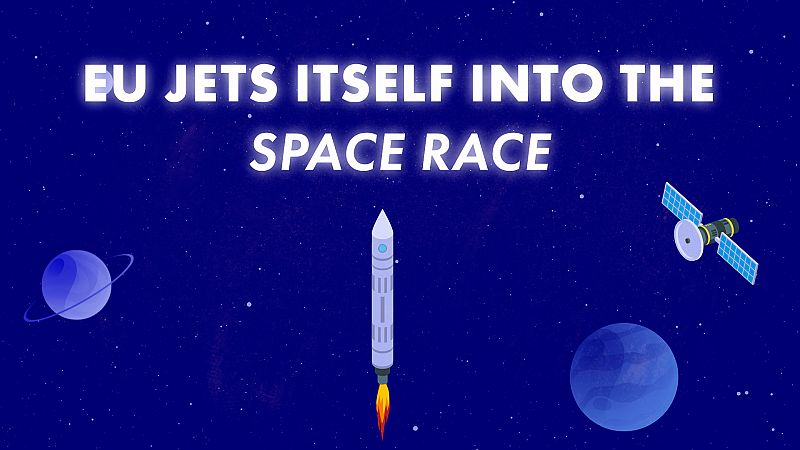The Growing Importance of the European Space Sector
The global space economy reached a valuation of €572 billion in 2023, according to the European Space Agency. It is expected to grow significantly over the next decade, potentially reaching €1.6 trillion by 2033. This rapid expansion highlights the increasing role of space technology in various sectors, including communications, navigation, meteorology, and renewable energy.
A key focus of the new EU Space Act is the development of launchers and satellites, which are becoming essential for a wide range of activities. However, Europe currently lags behind the United States in both public and private investment in the space industry. While the U.S. has allocated €65 billion in public funding and €3.6 billion in private investment, Europe has only invested €12 billion publicly and €980 million privately. This gap underscores the need for increased financial support and strategic planning to ensure competitiveness on the global stage.
Funding and Future Prospects
The issue of funding will be a central topic during negotiations for the future European Competitiveness Fund, which is part of the 2028-2034 EU budget. This fund will include significant allocations for the space sector, with current space-related funding standing at around €17 billion. European Commissioner for Defence and Space Andrius Kubilius emphasized that this amount is insufficient to maintain existing systems and that additional resources will be necessary.
Kubilius also highlighted the importance of simplifying regulations for those involved in the space industry. He noted that the sector is on the brink of a major transformation and that the EU must be prepared to adapt to these changes.
Security and Resilience in Space
One of the primary objectives of the Space Act is to establish a unified set of rules across the EU, focusing on security and resilience. These measures aim to reduce risks such as satellite collisions, cyber-attacks, and interference from hostile entities. With over 11,000 satellites already in orbit and an estimated 50,000 more planned for the next decade, managing space traffic and debris is becoming increasingly critical.
The EU faces challenges with approximately 128 million pieces of space debris floating in Earth’s orbit. To address these issues, the new law will introduce guidelines for risk assessment and management. Gregoire Lory, who covers space policy for Euronews, explained that space is increasingly viewed as a contested zone where cyber attacks or electronic interference could disrupt satellite services.
Strategic Initiatives for Space Security
Although the new law does not apply to military uses, a European Space Strategy for Security and Defence has been in place since 2023. This strategy was introduced following Russia’s full-scale invasion of Ukraine and aims to protect space systems, their ground infrastructure, and data connections. This includes conducting joint space exercises to enhance readiness and cooperation among EU member states.
Europe has several advanced satellite systems, such as Galileo and Copernicus. Additionally, the IRIS2 project is being developed to provide secure satellite communication. To support these systems, a reliable transport system is essential, and the Ariane 6 rocket is playing a crucial role in this regard. However, Commissioner Kubilius acknowledged that current capabilities may not be sufficient for future needs.
Looking Ahead
As the space sector continues to evolve, the EU must invest in new capacities to remain competitive. This includes not only technological advancements but also regulatory frameworks that ensure safety, security, and sustainability in space. By addressing these challenges proactively, the EU can position itself as a leader in the global space economy while safeguarding its interests in an increasingly complex and contested domain.







